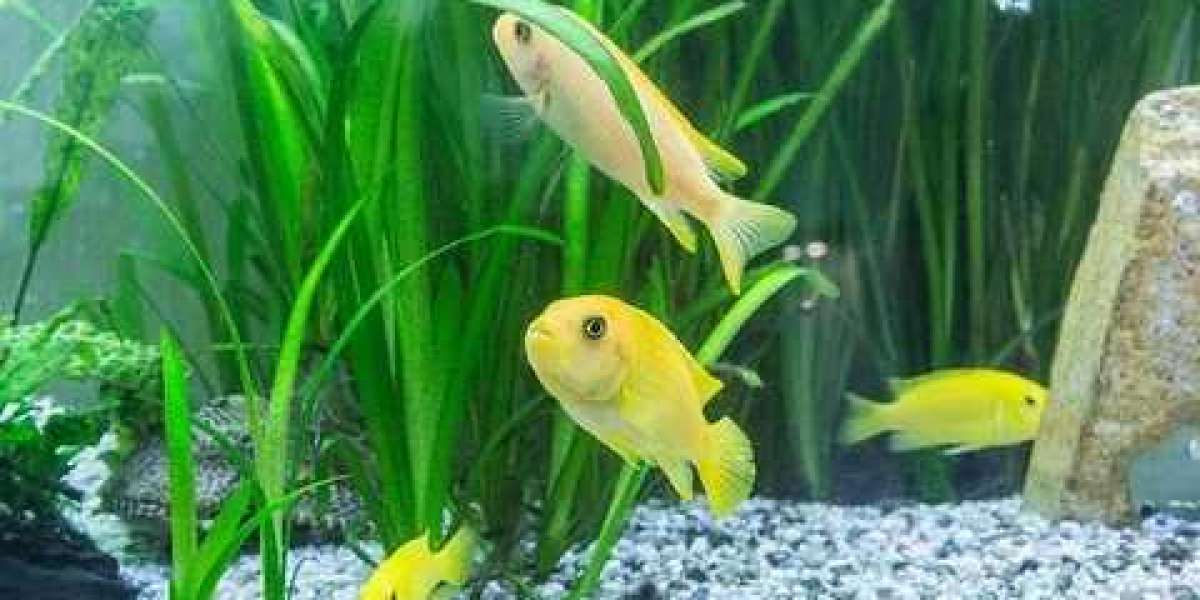Human hair extension is a hairstyle technology recently introduced from Europe. As the name suggests, hair extension is to connect the hair to one's real hair, and instantly change from short hair to long hair. The hair used for hair extensions can be wigs or real hair. There are two types of hair extension mechanism wigs and handmade wigs. The materials used are chemical fiber silk and human hair. The fibers are mainly PVC and PET materials. According to the added flame retardant, flame retardant silk and non-flame retardant silk can be distinguished. Domestic wigs are represented by Tanglong brand. The international trend is based on the quality of Japan's KANEKALON. Human hair wigs are divided by use: accessories (or HARDWARE) hair piece (hair piece, toupee), head cover (wig, lace wig, full lace wig, front lace wig) hair extension. Domestic sales generally refer to handmade wigs made of human hair as reissues.
Pinchbraid extensions were invented in the 1980s. They are individual locks of hair tied into the native hair with a durable upholstery thread. Tape in hair extensions last from four to eight weeks and the hair can be gently combed and washed while wearing the extensions. In addition, the extensions need to be treated with specialized shampoos, conditioners and styling products to keep them in top condition. The extensions can be taken off easily by the application of glue remover and can be easily installed by using liquid adhesive or glue tape. Clip-in weaves, also known as clip-in hair extensions, can be integrated into natural hair to add length and volume. The clip in hair extensions most commonly come in as a long strand of one contoured piece that can be cut into multiple layers for creating separate layers on a user's head. When the hair is purchased it often comes with clips, which are sewn into the hair. It is also possible to buy the hair (in bundles) and the clips separately; the clips can then be sewn on by the purchaser or by a stylist. This technique is the least permanent and lacks the disadvantages such as traction alopecia associated with glue extensions. The weft hair has small toupée clips sewn onto them. Usually a set of clip-in extensions averages eight strips of human hair in varying widths from two inches to eight inches. Starting at the nape of the neck, the hair is sectioned neatly, then the weft is placed onto this section with the clips open and facing the scalp. Each clip is snapped into place. It can be helpful to lightly backcomb each section for a more secure grip. This is repeated until each clip-in weft is in place. Clip-ins can be worn for an entire day; however, some people take them off to sleep.
Bonding is a method of weaving that lasts for a shorter period of time in comparison to sew-in weaving. It involves the application of hair glue to a section of wefted hair then onto a person's natural hair; special hair adhesives are used in bonding to prevent damage to one's natural hair. This technique is commonly used and does not cause damage to the hair unless taken out without proper directions from a professional. It is advised that weave bonding be installed for up to 3 weeks because the glue begins to loosen up and lessens the attractiveness of the hair. There are 2 types of bonding methods: soft bond and hard bond. Soft bond is flexible and comfortable to wear and is made using latex/acrylic based adhesives. Hard bond is the industry term for bonding treatments whose adhesive contains cyanoacrylate, or super glue. Hard bond adhesives last longer than soft bond adhesives because it is not water based and therefore less susceptible to deterioration. Nonetheless, the hard bond adhesives are not as comfortable as the soft bond adhesive because they are rigid. These bond attachments generally last 4–6 weeks before a maintenance appointment is necessary.
Fusion method involves a machine similar to a hot glue gun used to attach human hair extensions to individual strands of one's natural hair of about 1/8 to 1/4 inch squared sections for a truly authentic look. Another option for fusion attachments is using hair which is pre-tipped with a keratin adhesive. A heat clamp is then used to melt the adhesive to attach the extension hair to the natural hair. Fusion weave allows washing hair frequently and the use of regular hair products such as hair gels. This technique is very time consuming taking 3 or more hours. They need re-positioning every 2–3 months as the natural hair grows. Due to various chemicals in the glue, which may cause hair loss and scalp irritation, combined with heat, this method is more damaging to natural hair.
Micro ring, also known as micro-bead or micro loop in hair extensions use small metal rings or beads (usually aluminum) and can sometimes be lined with silicone to attach the extension hair. They are fixed to small sections of natural hair and tightened using a special tool that clamps the bead around the natural hair. The micro-beads are designed to be small enough so that they are not visible in normal use. They need re-positioning every two to three months as the natural hair grows and the micro-beads move away from the scalp.
Virgin hair is hair that hasn't been colored or processed in any way and may or may not still be growing from the head. This should include any steam processes. Raw hair is hair that also has not been colored or processed in any way. This includes steam processes. Some consider this to be less evasive and not actually processed as the raw or virgin undergoes a multiple day steaming process to create long-lasting curls or wave patterns without the damage of chemicals. This process guarantees consistent curls and waves that have a uniform texture. Premium raw or virgin hair has had absolutely no processes of any sort including steam done on the hair. This is essential as true premium raw/virgin hair has a naturally occurring texture that when matched to the owner of the raw/virgin hair extensions creates a look that is unbeatable in look and feel. Hair extensions made of true virgin, raw (cuticle) hair have the most durability and ease of use as the integrity of the hair has not been broken or altered by the method of collection. This continues to be true if this hair is then simply wefted or sewn on a track, without any processed chemical or steamed done on the hair.
The most popular and commonly available form of hair is known as premium hair. It is sold in most beauty supply stores or online. The roots and tips of hairs are interwoven in premium hair which causes tangling. This is due to the opposing cuticle layers catching onto one another. However, as it is the most inexpensive type of hair, it is a best seller. Premium hair comes in two types: Regular premium hair: generally the least expensive type of hair. The cuticles are present in different directions and the hair is prone to tangling. "Tangle-free" premium hair: this is obtained by chemically removing the cuticles using an acid bath. This process reduces the friction among hairs, leaving the remaining hair tangle-free. In order to give the appearance of natural healthy hair, a laminate is applied to the hair to give it a shiny and silky look.














